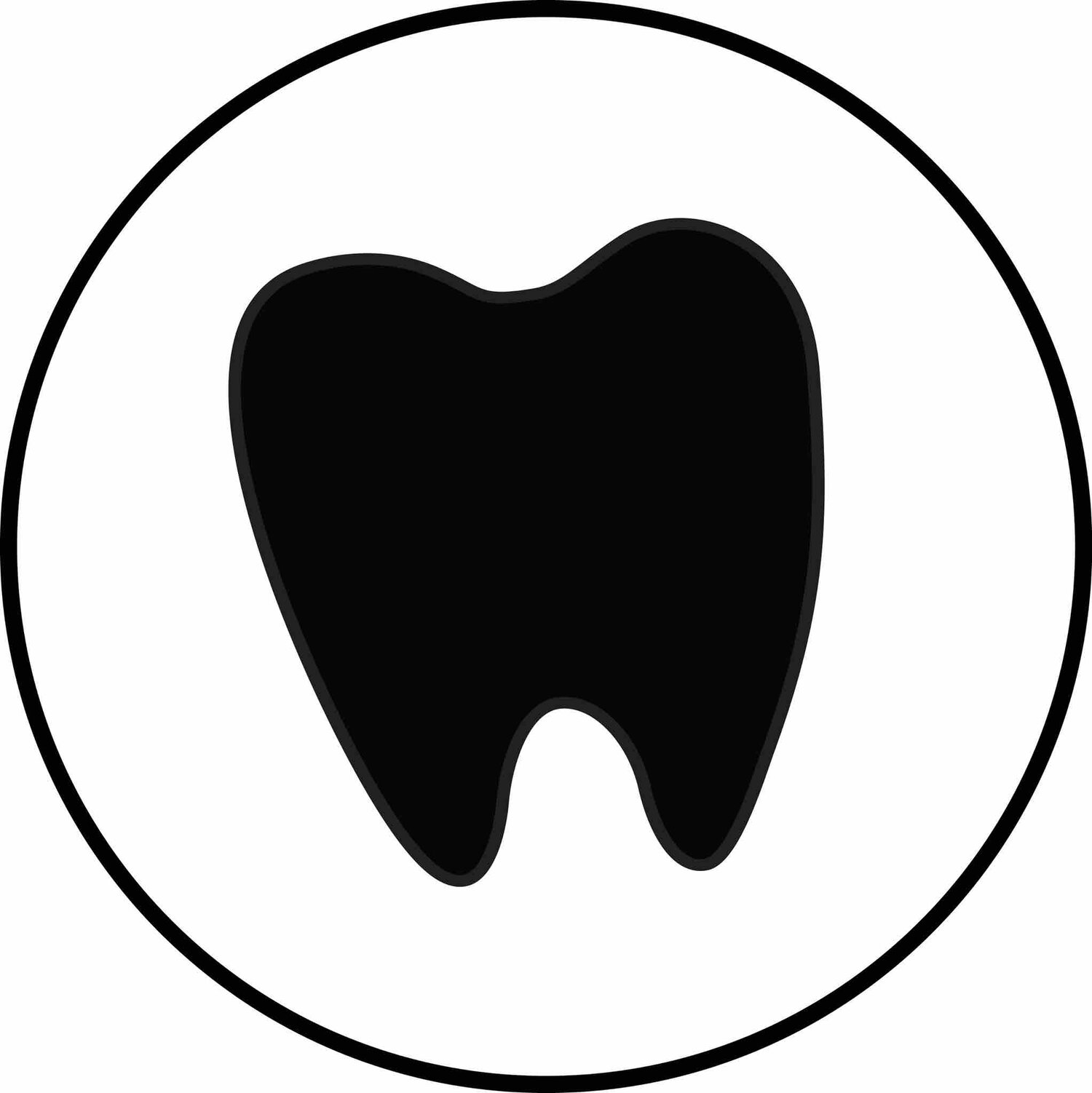GET A "GRIP"
Do you find yourself complaining of hand, wrist, or lower arm pain? It could be because you've lost your grip. You may have let your hand slip into the usual way you hold a pen and let some fingers take a vacation in their grasp duties. The way that we usually hold a pen is unsuitable for use by dental professionals to hold their tools. This is because the way we hold a pen to write requires increased force of the muscles of the hand and upper arm. Stability and flexibility of this type of grip are low as a consequence of using the middle finger for both holding the instrument and supporting the hand.
As we hold a pen when we write, the third finger is fixed therefore, many movements have to be made in the wrist. This causes unfavorable positions such as an extensive palmar flexion. It is understandable that the use of a normal pen grip can give rise to "CANS" (complaints of arms, neck and shoulders), formerly called RSI (repetitive strain injury). Did you know that you get FOUR times the strength when you use a modified pen grasp when instrumenting?!? You DO, as well as less discomfort in you hand, wrist and arm.
When my students complain about hand or arm pain, I look first to their grasp. Or when my students complain about ineffective calculus removal, I look first to their grasp.
I often see fingers taking a vacation, being lazy, or taking on the duties that another finger is supposed to preform. Let’s review the duties of each of the fingers:
The thumb and the index finger are used to sandwich the instrument. They are responsible for holding the instrument steady and providing the rolling function of the instrument in adaptation.
The middle finger is the feeler finger to help assess calculus deposits. It also helps with stability of the instrument as you roll it between your thumb and index finger.
The ring finger is your fulcrum, powerhouse and stabilizer.
The pinky is a freeloader. No other finger can have the job of the freeloader because the pinky has the job covered.
The most common mistake I see is that the feeler finger takes the job of the pointer finger, which I have seen decreases effectiveness in assessment and in calculus removal. Remember to get a grip and to use the modified pen grasp to help your body and your practice.

